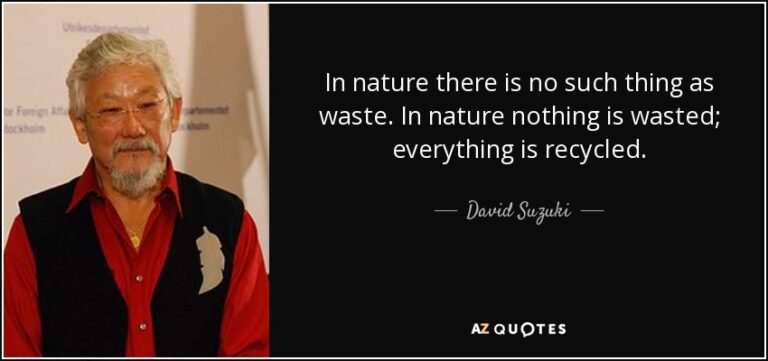Things are never as simple as they seem or as we’d like to imagine they might be. These extracts give a taste of what’s needed to bring us into line with Mother Natures ways of being. In a gentle but convincing manner, Horne provides us with an overview of the process and some of the pitfalls we need to be mindful of. The title says it all in many ways – we have be the change that we want to see in the world. (See note at the end of this post).
In: Being the change, Rachel Powell Horne (Yes Magazine, Spring 2022) writes about how ‘Living sustainably can serve as quiet persuasion for those who may be turned off by scolding and hypocrisy’.
Back when I hit nightclubs three times a week and took weekend flights to eat paella by the ocean, I probably would have considered my present life hideously boring. But I can genuinely say that I am happier now (living in a community in the Hautes-Pyrenees mountains).
But here’s what really surprised me. Since I aligned my actions with my values, I have witnessed more of my loved ones giving up flights and opting out of fast lifestyles as well.
Intrigued by what I was seeing, I reached out to some experts in environmental psychology, behavior change, and climate policy. I wanted to know if modeling behavior change was more effective than speaking about it. As always, the truth was more complex than I’d like it to be. But the message was heartening.
Showing vs telling
Lorraine Whitmarsh, an environmental scientist at the University of Bath in the United Kingdom, tells me that our behavior inevitably influences our peers, even if they are unable to recognize it is happening.
Ryan Jacobson, a psychology professor at the University of New Mexico, agrees that exposure to certain behavior over time has a cumulative effect on those around us. But he advises caution.
The right way
According to Gregg Sparkman, who also studies the psychology of social change at Princeton University, talking about your choices can also inspire behavior change. So long as you do it right.
Hypocrisy
Matthew Paterson, an expert in climate policy at the University of Manchester, says when it comes to climate policy, it’s important that politicians walk the talk. Paterson explains that when our leaders don’t match their behavior with their words, there are serious consequences. “Countries with low levels of social trust end up performing worse on climate policy and other environmental policies.”
If we want to move forward effectively, we need a political culture of transparency and trust. That means modeling the same behavior that we preach, no matter how wealthy we might or might not be.
Individual responsibility
The experts I spoke with agree that whether you’re a concerned citizen or a presidential candidate, both modeling change and speaking to your peers are important. But Paterson says it’s wrong to place too much emphasis on the individual.
If we get too caught up trying to change individual behavior, Paterson points out, we take the pressure off the people with the most power to do something – to effect change.
Sparkman agrees that corporations tend to shift undue blame onto the individual. But he believes that we must keep signaling our changing priorities with our choices all the same.
“I the absence of us changing behavior, there is no reason for politicians or corporations to think that people care,” he says.
Get the full story at this link: Being the change
Be the change is often attributed to Gandhi, but this has been queried for some time. The closest Gandhi came to this seems to be:
We but mirror the world. All the tendencies present in the outer world are to be found in the world of our body. If we could change ourselves, the tendencies in the world would also change. As a man changes his own nature, so does the attitude of the world change towards him. This is the divine mystery supreme. A wonderful thing it is and the source of our happiness. We need not wait to see what others do. See reference here.



